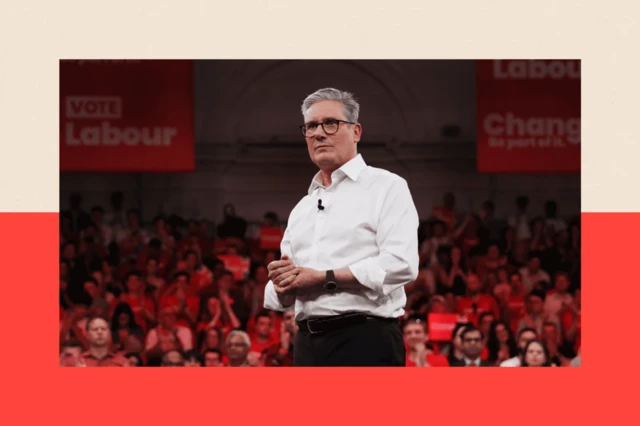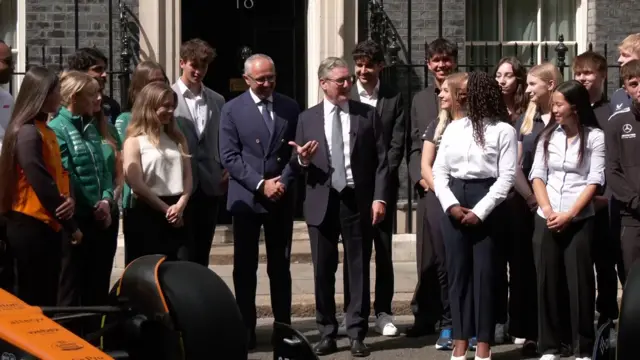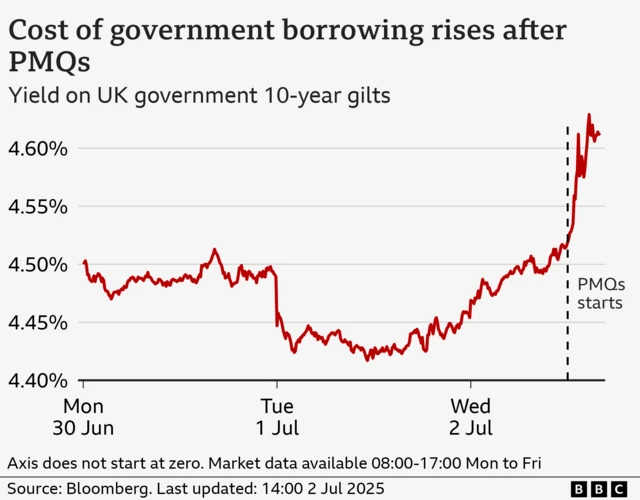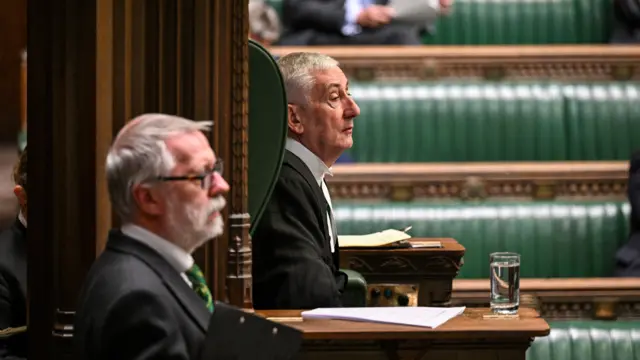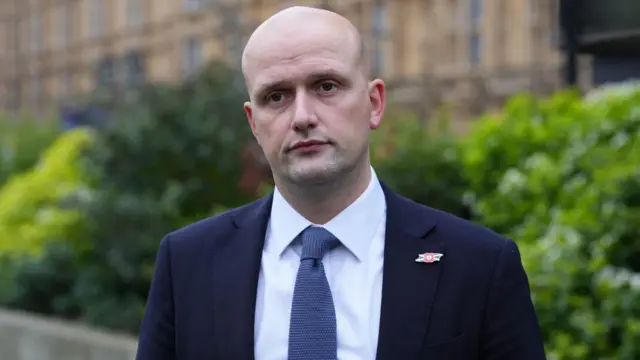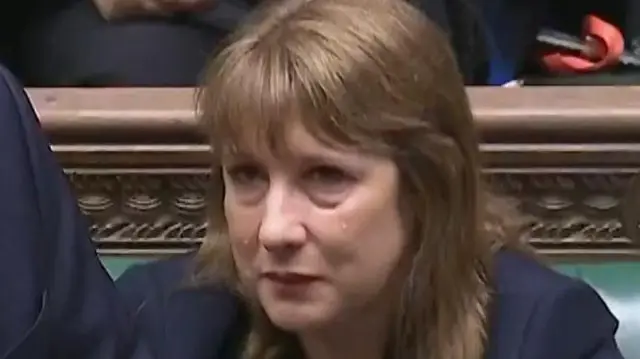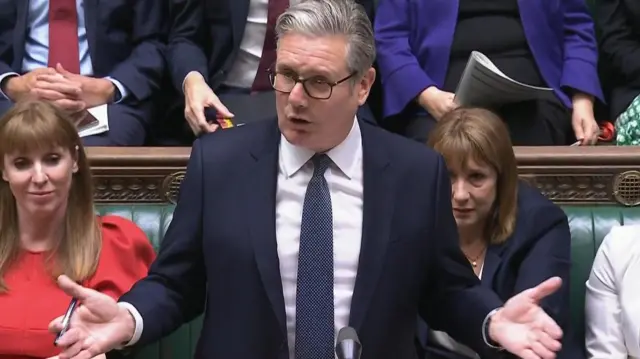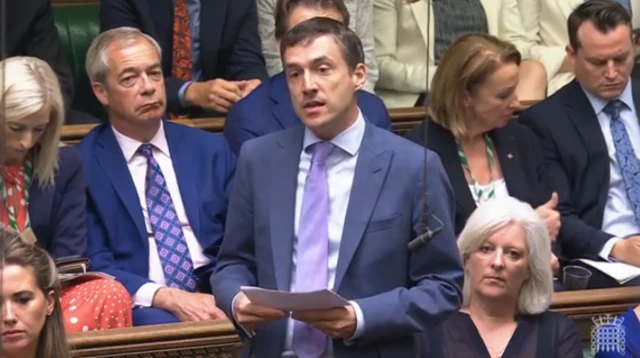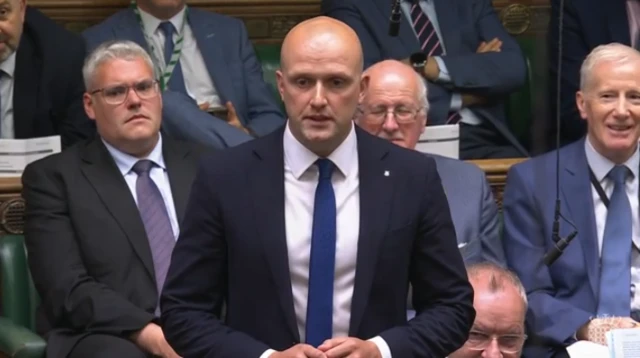No 10 backs Reeves after tearful Commons appearancepublished at 18:34 BST 2 July
Sofia Ferreira Santos
Live reporter
Prime Minister Keir Starmer went into this week's PMQs fresh off of a bruising internal party row, much of which played out in public.
Last night, the government's welfare bill was approved after Labour agreed to major concessions - one pf which was made during the debate.
Conservative leader Kemi Badenoch said the changes rendered the bill a "total waste of time".
The Institute for Fiscal Studies (IFS) said the bill would no longer make the intended £5bn-a-year savings by 2030, and warned tax rises were increasingly likely.
This morning, Labour's Pat McFadden insisted Labour would stick to its commitment not to increase income tax, National Insurance or VAT - but acknowledged the welfare concessions would have a "financial consequence".
Last week, Starmer's deputy, Angela Rayner, used PMQs to insist that welfare reforms would go ahead. This week saw Badenoch press on internal party divisions - and challenge Starmer to back his chancellor, who she described as looking miserable.
Starmer did not offer his reassurance in the moment. And Westminster's attention quickly turned to images of Reeves sitting behind him - cameras caught her crying from even before the leaders' exchanges.
The PM's spokesperson said afterwards that the chancellor had his "full backing" and was "going nowhere". While the chancellor's spokesperson said the cause of her upset was over a "personal matter".
We're bringing our live coverage to a close now. If you want to read more, our latest news story on this can be found here.



